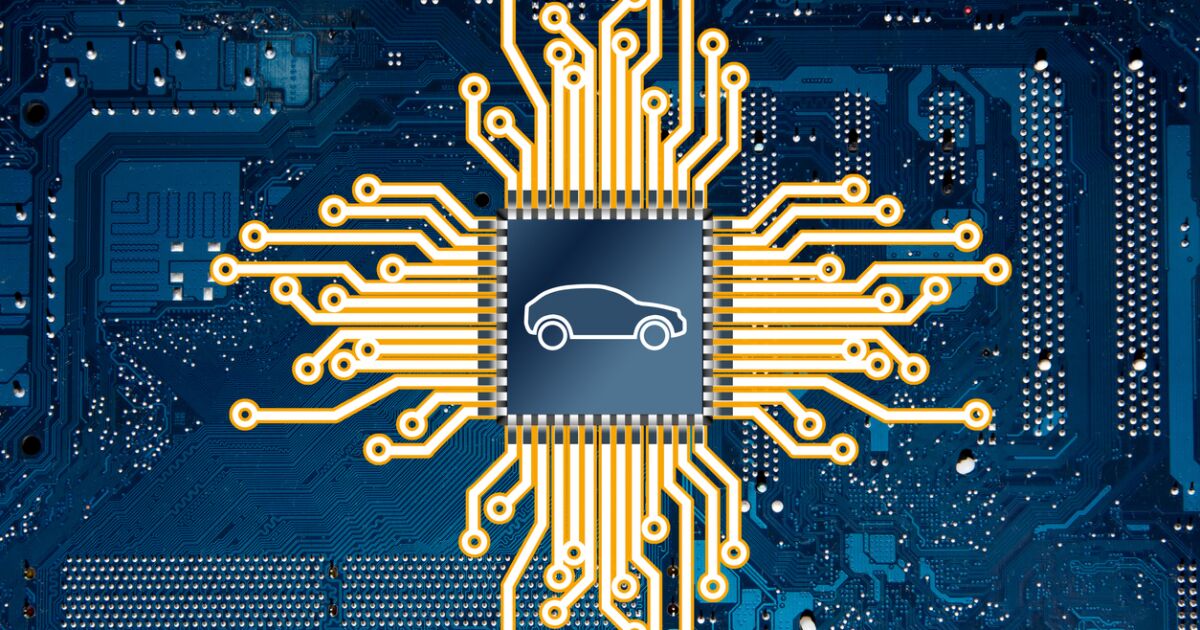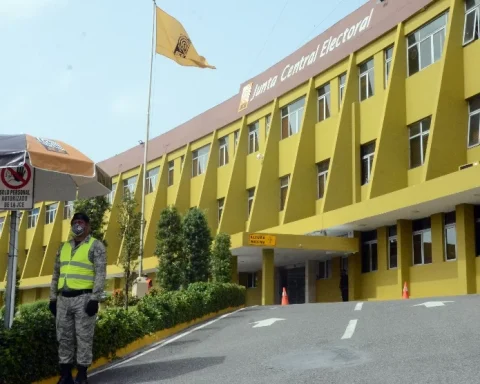“From an economic point of view, it raises potential trade barriers, disruptions to supply chains, increased production costs and a potential risk of reduced direct and indirect employment,” he said.
Automaker and technology groups asked the U.S. government in a separate document Monday for changes and more time before the rule takes effect.
The proposal represents a significant escalation of restrictions imposed by the United States on Chinese vehicles, software and components, and would effectively prohibit the import of Chinese-branded cars, even if they were assembled in Mexico.
In September, the Biden administration set steep tariff hikes on Chinese imports, including a 100% tariff on electric vehicles (EVs) and hikes on EV batteries and key minerals.
Mexico said the proposal could violate North American free trade rules and “result in an increase in production costs due to the change of suppliers of auto parts and components within the pre-planned supply chain of the automotive industry.” “.
The Commerce Department had no immediate comment.
The proposal would make software bans effective in 2027 models. The hardware ban would take effect in the 2030s or January 2029.
The Alliance for Automotive Innovation, which represents General Motors GM.N, Toyota Motor 7203.T, Volkswagen VOWG_p.DE, Hyundai Motor 005380.KS and other major automakers, called for at least one more year to meet the hardware requirement. .
The Consumer Technology Association called for both deadlines to be extended by two more years, as did Honda Motor 7267.T, in order to “conduct crucial testing, validations and necessary contract updates.”
The Commerce Department hopes to finalize the proposal by January 20. The rules cover all road vehicles, but exclude agricultural or mining vehicles not used on public roads, as well as drones and trains.

















